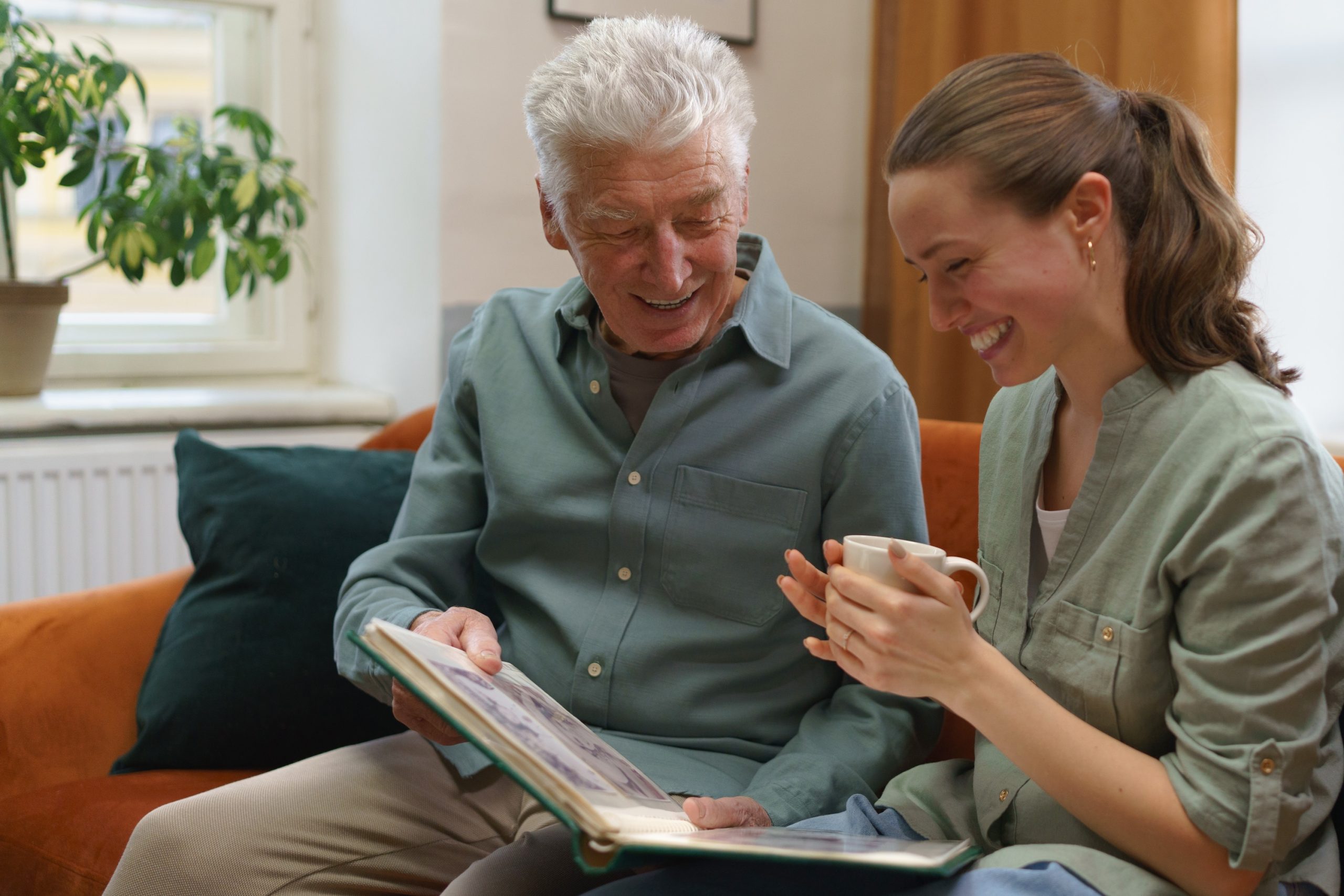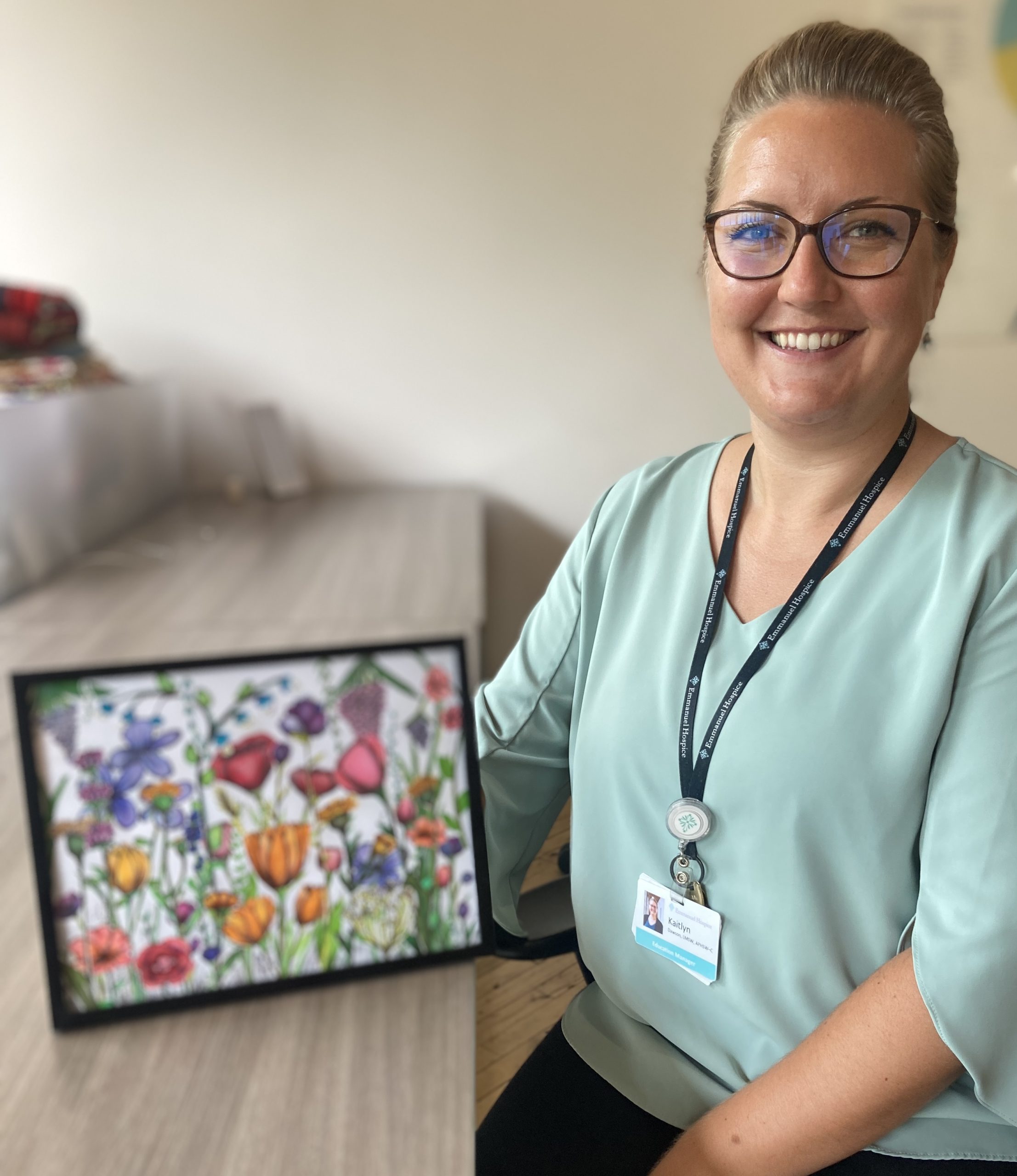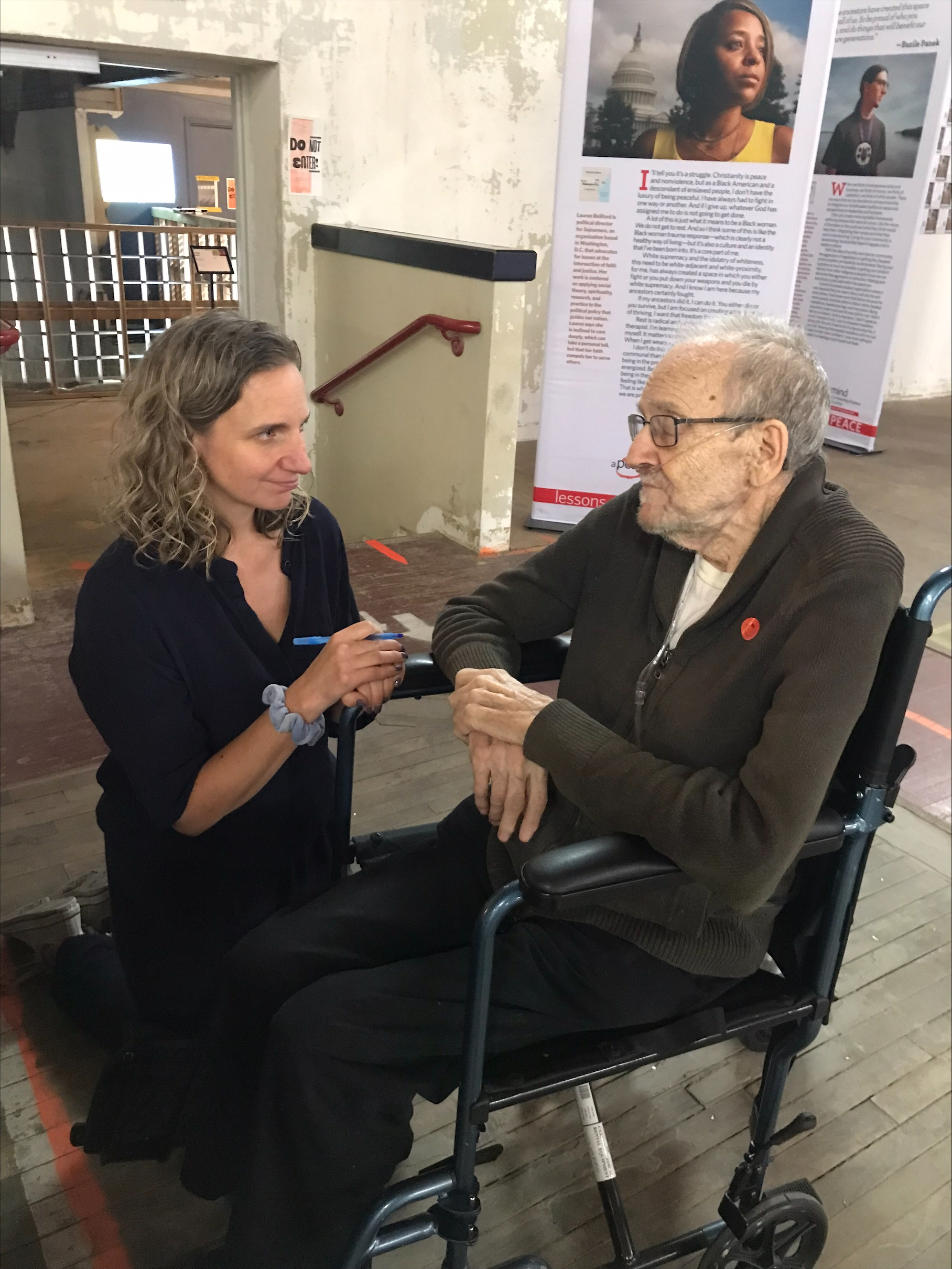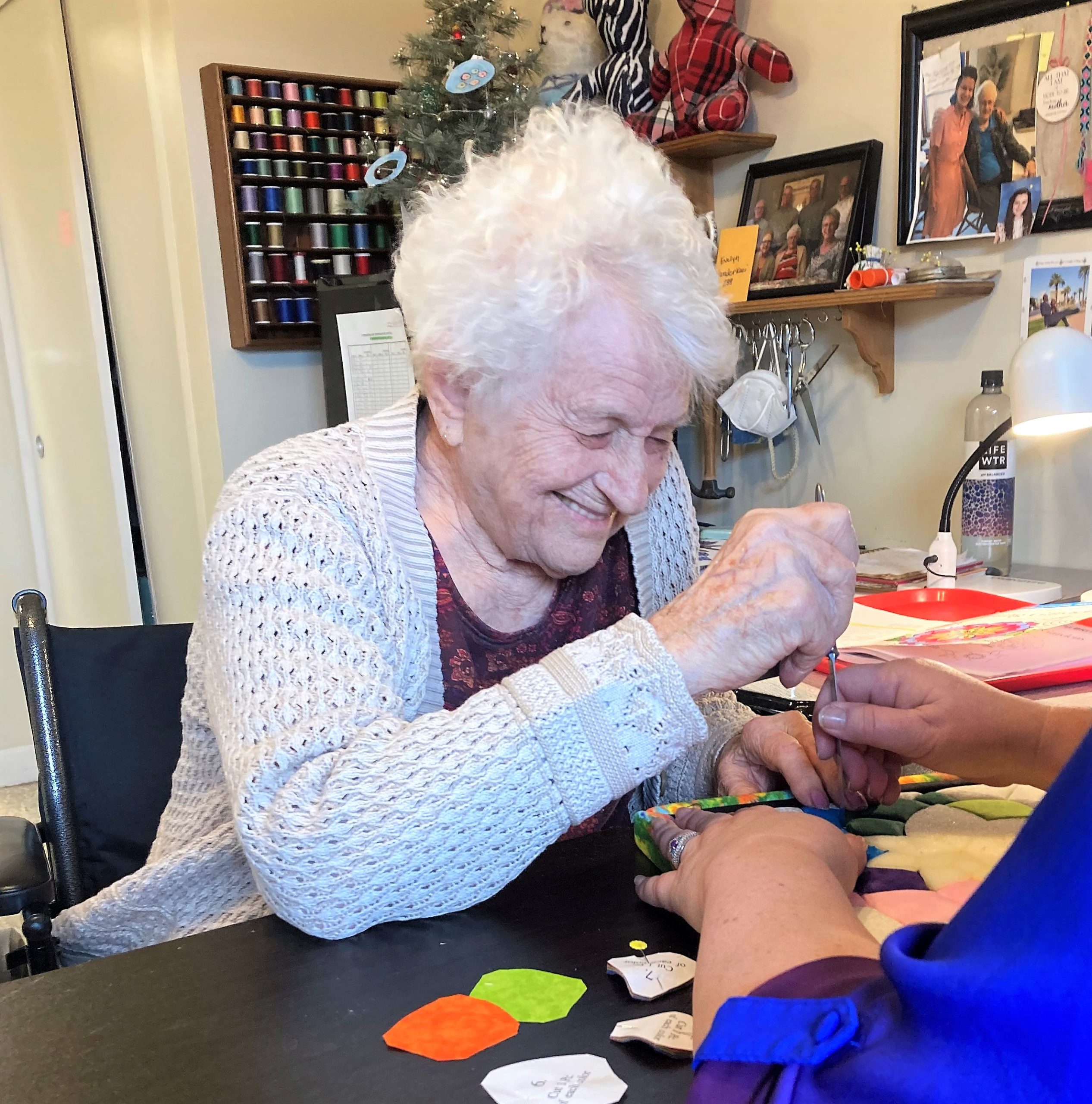Even those never at a loss for words can find themselves tongue-tied when trying to find the right thing to say when someone is dying.
It’s common to feel uncomfortable or helpless, but Emmanuel Hospice Bereavement Coordinator Ashley Huisman assures us there are meaningful ways to be there for hospice patients and their families.
In what can be a very difficult and emotional time, she recommends starting off by considering what those closest to the patient may be going through and giving them some time and space.
“Recognize the loved ones of the patient may not be able to respond to phone calls or texts as readily as normal, but that doesn’t mean things have gone terribly wrong or you should try to rush to be with them in person,” Huisman explains. “It just might mean they’re focused on something else at the moment, and they will get back to you when they can.”
The next step is to listen – really listen – to what they say they need in that moment.
“While all you may want to do is help, if they want privacy, respect their wishes,” she says. “Don’t override their decision with what you think is best for them. It’s OK to be a person of support from the outside for now, and see them more later after their loved one passes.”
If they are open to visitors, Huisman says focusing on being a calm and peaceful presence is best.
“They might be worn out from being at the bedside for so long,” she explains. “There’s a lot of sitting there and anticipating something coming, but not knowing exactly when and how someone will pass. It can be exhausting.
“Avoid bringing in high energy or being loud. Generally, you want to think about coming in as the quiet in the storm, a person they can lean on for stability when they feel like so much is out of their control.”
Huisman says there are no perfect words for one’s final moments, but you can bring up good memories or stories of what makes the patient special to you. You can also encourage their loved ones by reminding them how important it is they are present – how glad you are that the patient has them by their side.
“And not saying much is just fine,” she says. “Don’t feel the need to always fill the silence. Simply being present, holding their hand or giving a hug can be a great comfort.”
As for what to say to the hospice patient in their last days, consider words of reassurance.
“They can still hear, so let them know you are there and you love them,” she says. “You can also play quiet music they enjoy, talk kindly to them about positive, comforting things or offer a prayer.”
If you can’t make it in person or if the caregiver does not have capacity for visitors, Huisman recommends sending a card.
“Include a photo of their loved one or a heartfelt story or a memory – maybe even a gift card for food for the caregivers,” she says. “It can be more of a ‘thinking of you’ card for that person at the bedside to look at on their own time when they’re ready and have the freedom to focus fully on their loved one.”
For more information and free resources about everything from caregiving to grief support, call 616.719.0919 or visit EmmanuelHospice.org.




